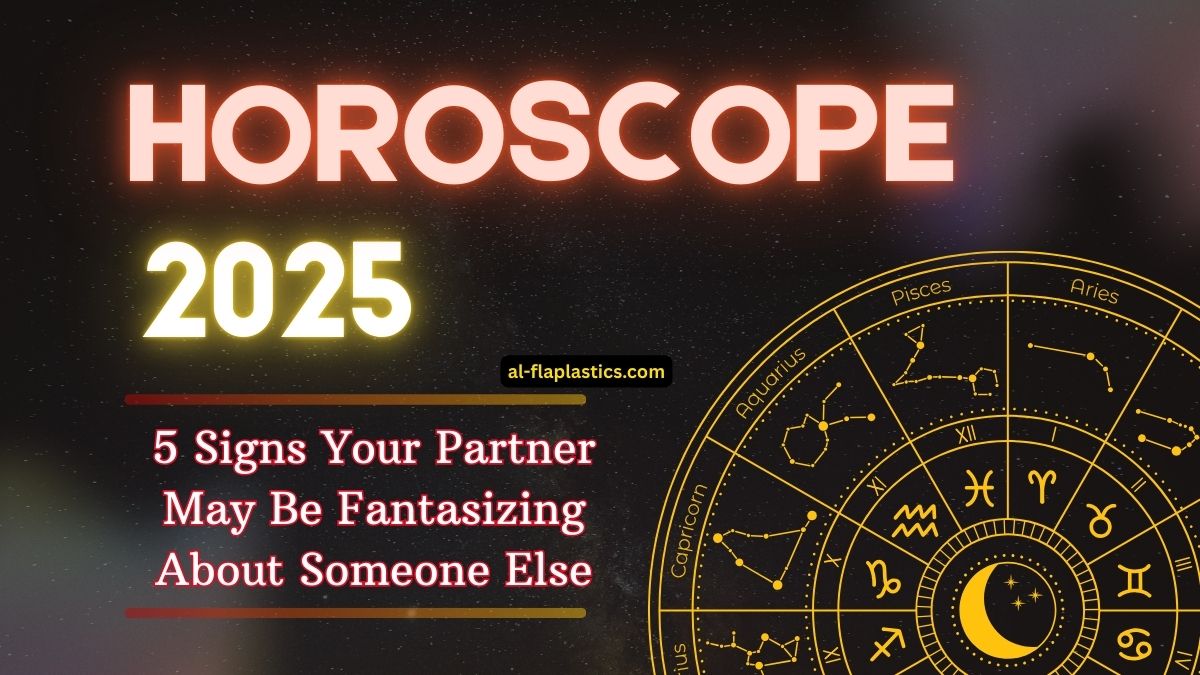In every relationship, emotional and physical intimacy evolves with time. But sometimes, subtle changes can raise concerns—especially if you suspect your partner may be fantasizing about someone else.
While imagination isn’t necessarily infidelity, when it disrupts emotional closeness or transparency, it may point to deeper issues.
Let’s explore five real signs that may suggest your partner’s attention is drifting—and what they could mean.
1. Constant Comparisons to Others
One major red flag is when your partner frequently compares you to someone else—whether it’s a friend, colleague, or even a celebrity.
Example behaviors include:
- Saying someone is more adventurous or fun than you
- Criticizing your looks or habits by referencing others
- Suggesting you should be more like “so and so”
This behavior can erode your self-esteem and indicates they may be idealizing someone outside the relationship.
2. Sudden Shift in Your Sex Life
Changes in your intimate connection can also be a sign. If your partner appears distracted during sex, closes their eyes often, or seems mentally “elsewhere,” they might be mentally engaging with someone else.
According to psychologists, emotional disengagement during intimacy is a strong sign of fantasy-based detachment.
3. Secretive Use of Phones or Devices
Increased secrecy with digital devices—like hiding screens, deleting messages, or locking phones—is another red flag.
| Behavior | What It Might Indicate |
|---|---|
| Turning phone away during use | Hiding flirty chats or private thoughts |
| Deleting browsing history | Avoiding exposure to explicit or suggestive content |
| Getting defensive when asked | Feeling guilty or evasive about online behavior |
Such behaviors can signify they are emotionally invested in private content or interactions with someone else.
4. Emotional or Physical Withdrawal
A partner who begins to withdraw may not just be stressed—they may be emotionally fixated on someone else.
Signs include:
- Less physical affection
- Avoiding deep conversations
- Evasive or disinterested replies
This emotional gap can often reflect an internal shift where fantasies are becoming a larger part of their emotional world than the relationship itself.
5. A History of Viewing Explicit Content
While not always harmful, a longstanding habit of viewing pornographic content can sometimes overlap with excessive fantasizing. If your partner is especially drawn to hyper-sexualized imagery—both online or in real life—it may reflect or reinforce their current mental fantasies about others.
How to Address the Issue
It’s important to approach the situation with empathy and honesty. Here are a few steps:
- Start with self-reflection: Are there unmet needs in the relationship?
- Have a calm and non-judgmental conversation: Express your feelings rather than accuse.
- Consider counseling: A therapist can help both partners understand underlying causes and improve communication.
Fantasizing isn’t inherently wrong, but it can hint at deeper issues when it starts to interfere with connection, intimacy, or trust.
Recognizing the signs early and opening the lines of communication can prevent distance from turning into damage. Ultimately, a healthy relationship thrives on honesty, empathy, and emotional presence.
FAQs
Is it normal for people in relationships to fantasize about others?
Yes, fantasizing is human and common. However, when it starts affecting your emotional bond or creates secrecy, it may require discussion.
Can fantasizing be a form of cheating?
While not physical cheating, emotional infidelity can occur if fantasies involve deception or emotional detachment from a partner.
What should I do if I’m the one fantasizing?
You don’t need to feel guilty, but consider why it’s happening. Counseling or open communication can help redirect those thoughts constructively.
